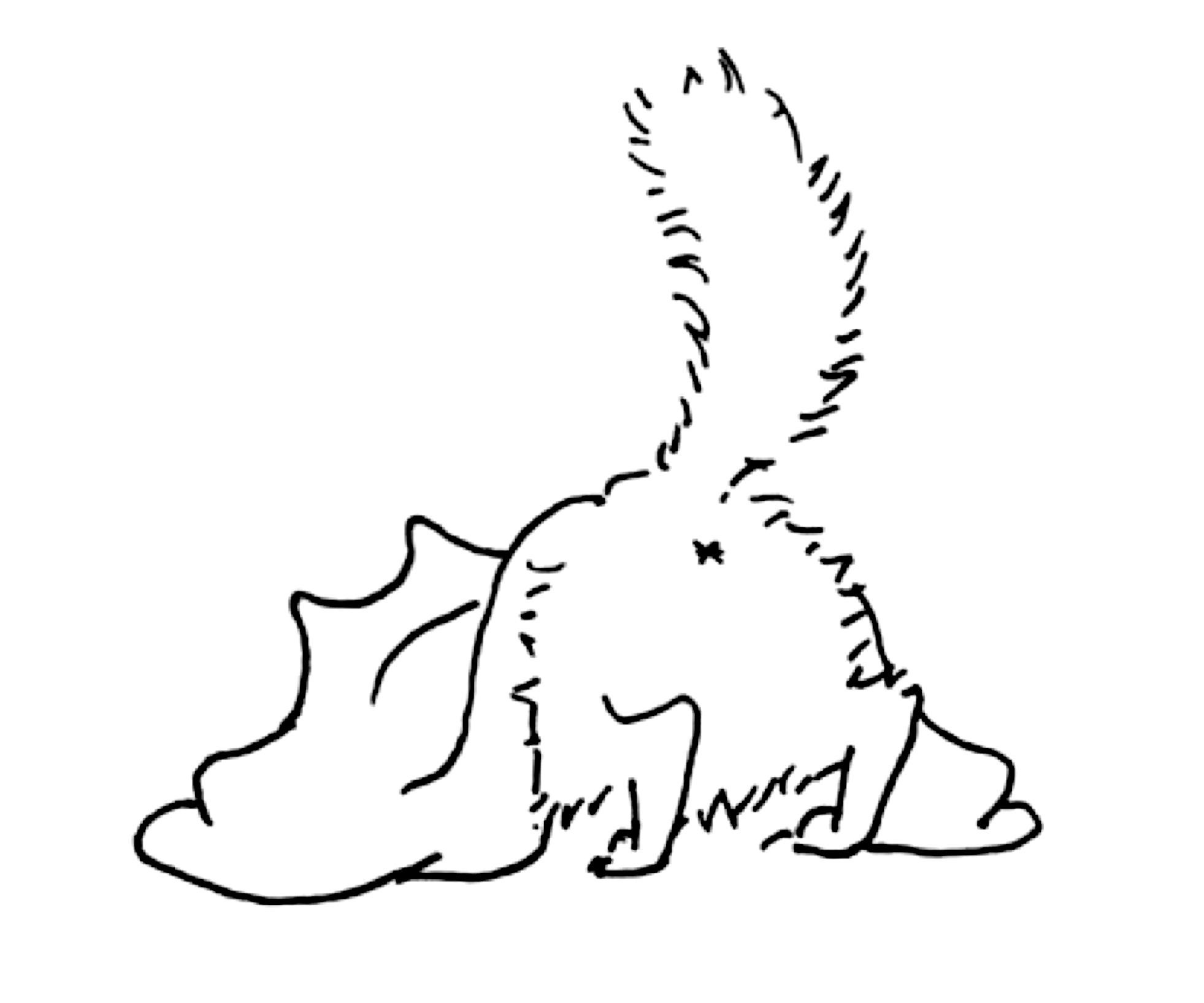
BCAB
Children's Art Criticism
19 August
“An entirely new word is being put forward by an entirely new subject. It only has to be uttered to be heard. Acting becomes simple and elementary.” Rivolta Femminilie, “Sputiamo su Hegel”[Spit on Hegel], 1970.
In their 1970 essay “Sputiamo su Hegel” [Spit on Hegel], the Italian feminist collective and publishing house Rivolta Femminilie (hereafter referred to as RF) points towards an ‘Unexpected Subject,’ emerging self-consciously as “the capacity foreffecting a complete transformation of life.” This workshop understands this unexpected subject as a child and avoids making children an object of study, or of performance. Instead, it insists on understanding children’s praxis as a self-realization beyond any cultural formation of the adult. Hence, the format of the workshop seeks to adapt to the presence of toddlers and children, and of grown-ups who wants to learn from these. Participation is possible for adults independent of their biological or social tie to any children present, yet children are welcome to bring a grown up of choice.
In their critique of colonial culture, as much as of certain strivings toward a revolution without the emancipation of sexualized and racialized subjects, RF proposes ‘deculturalization’ as a process of self-realization, against the social relations dominating modern civilization. According to their proposal, deculturalization is what a parent experiences during maternity: “Her consciousness turns spontaneously backwards to the origins of life, and shequestions herself.” Despite the risk of biologizing parenthood, what is essential to RF’s suggestion is not the parent per se, but the child, who is not yet ‘culturalized’. They write: “Our children belong to nobody; neither to their fathers nor to the state. We will give them to themselves, just as we reclaim ourselves to ourselves.” The argument is very close to what Carla Lonzi, one of the founders of RF, suggested to artists in 1969: as ‘natural critics’, they should reclaim artistic activity from the identitarian concept of art, and judge art criticism itself. Not to be ‘represented’ – what RF claims to be ‘compulsive’, but to give way to imagination. Similarly, RF refuses representation and ‘equality’ in the present culture, and rather seeks to “judge that transcendence itself.” Namely, to critique available means of subjectivation as such.
The aim with this workshop is to follow on what deculturalization may imply in the context of art and criticism, for children. Departing from a brief introduction to Carla Lonzi and RF, I will propose an interpretation of RF’s deculturation as an activity of the child, whose mode of distinguishing art and non-art, subjects, and objects, is in a constant flux. Here, the self-realization of the ‘unexpected subject’ is not understood by means of anthropological distinctions and abstractions, but in terms of ‘an entirely new word’ – the language of the kid who yet hasn’t learned how to speak or act according to the adult world. As present adults we will let the children share their “simple and elementary” activities and see what it makes of the thing called art. Present adults are invited to both listen and join the discussion.
In their 1970 essay “Sputiamo su Hegel” [Spit on Hegel], the Italian feminist collective and publishing house Rivolta Femminilie (hereafter referred to as RF) points towards an ‘Unexpected Subject,’ emerging self-consciously as “the capacity foreffecting a complete transformation of life.” This workshop understands this unexpected subject as a child and avoids making children an object of study, or of performance. Instead, it insists on understanding children’s praxis as a self-realization beyond any cultural formation of the adult. Hence, the format of the workshop seeks to adapt to the presence of toddlers and children, and of grown-ups who wants to learn from these. Participation is possible for adults independent of their biological or social tie to any children present, yet children are welcome to bring a grown up of choice.
In their critique of colonial culture, as much as of certain strivings toward a revolution without the emancipation of sexualized and racialized subjects, RF proposes ‘deculturalization’ as a process of self-realization, against the social relations dominating modern civilization. According to their proposal, deculturalization is what a parent experiences during maternity: “Her consciousness turns spontaneously backwards to the origins of life, and shequestions herself.” Despite the risk of biologizing parenthood, what is essential to RF’s suggestion is not the parent per se, but the child, who is not yet ‘culturalized’. They write: “Our children belong to nobody; neither to their fathers nor to the state. We will give them to themselves, just as we reclaim ourselves to ourselves.” The argument is very close to what Carla Lonzi, one of the founders of RF, suggested to artists in 1969: as ‘natural critics’, they should reclaim artistic activity from the identitarian concept of art, and judge art criticism itself. Not to be ‘represented’ – what RF claims to be ‘compulsive’, but to give way to imagination. Similarly, RF refuses representation and ‘equality’ in the present culture, and rather seeks to “judge that transcendence itself.” Namely, to critique available means of subjectivation as such.
The aim with this workshop is to follow on what deculturalization may imply in the context of art and criticism, for children. Departing from a brief introduction to Carla Lonzi and RF, I will propose an interpretation of RF’s deculturation as an activity of the child, whose mode of distinguishing art and non-art, subjects, and objects, is in a constant flux. Here, the self-realization of the ‘unexpected subject’ is not understood by means of anthropological distinctions and abstractions, but in terms of ‘an entirely new word’ – the language of the kid who yet hasn’t learned how to speak or act according to the adult world. As present adults we will let the children share their “simple and elementary” activities and see what it makes of the thing called art. Present adults are invited to both listen and join the discussion.

*Back